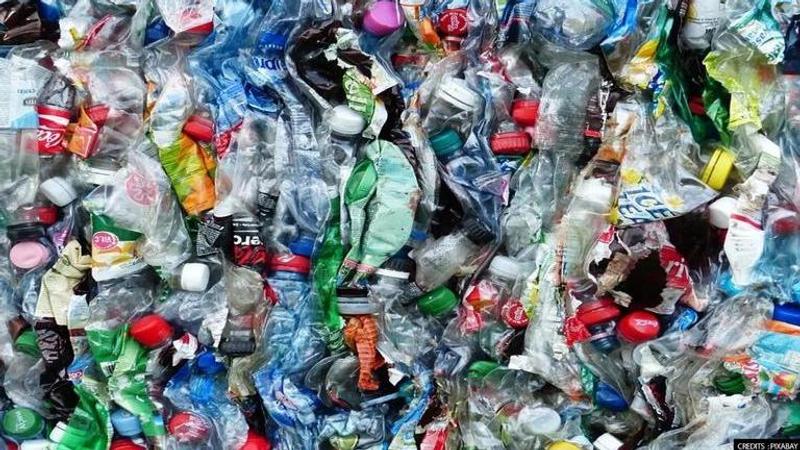Published 22:45 IST, June 10th 2021
Worldwide plastics production falls in 2020 due to COVID-19: Report
Worldwide plastics production fell by 0.3 per cent in 2020 as compared to the production in 2019 due to COVID-19 pandemic.

Global plastics production fell by 0.3 per cent in 2020 as compared to the production in 2019 due to the ongoing COVID-19 pandemic. Worldwide plastics production reached about 367 million tonnes from 368 million in 2019, PlasticsEurope said in a statement. Despite the health, social, economic and financial impacts of the COVID-19 pandemic, plastic production in China increased by 1 per cent.
The North American market share remained stable at around 19 per cent of the global production. Plastic production in Europe plunged by more than 5 per cent from around 58 million tonnes to 55 million tonnes. According to the Eurostat production index, the European plastic converters demand was around 48 million tonnes with a decrease of close to 5 per cent as compared to 2019, the lowest since 2014, PlasticsEurope said in a statement.
According to Plastics Europe, the decrease in demand was caused due to the decline in production in packaging and automotive. The amount of plastic used in the packaging sector decreased by 2.5 per cent. Consumer packaging remained stable during the past year. The market of commercial and industrial packaging has recorded a strong decline due to a fall in the production of industrial and commercial goods. According to the International Organisation of Motor Vehicle Manufacturers (OICA), many automotive companies stopped their production for several weeks which led to a decline in demand for plastic, PlasticsEurope said in a statement. Production numbers in the European automotive sector decreased by more than 23 per cent in 2020 as compared to 2019.
Meanwhile, an oceanographer from the Philippines and an American explorer became the first people to dive into the Philippines Trench, the third deepest spot on Earth. Dr Deo Florence Onda, who is a microbial oceanologist from the University of the Philippines Marine Science Institue, and Victor Vescovo from Caladan Oceanic were on the lookout for mysteries hidden in the darkness but instead, they surprisingly discovered plastic during their exploration. According to Channel News Asia (CNA), Onda and Victor travelled to The Emden Deep, part of the Philippine Trench, which happens to be one of the oldest seabeds on Earth, unexplored until a couple of months ago.
IMAGE: Pixabay
Updated 22:45 IST, June 10th 2021




